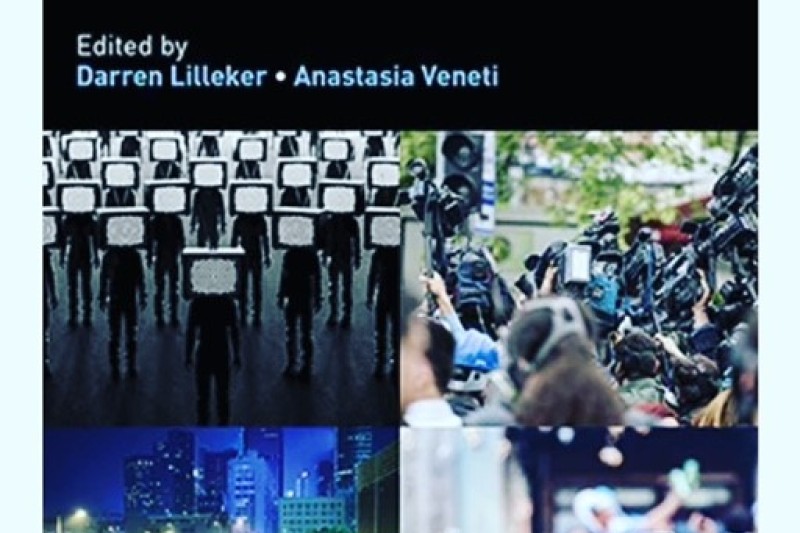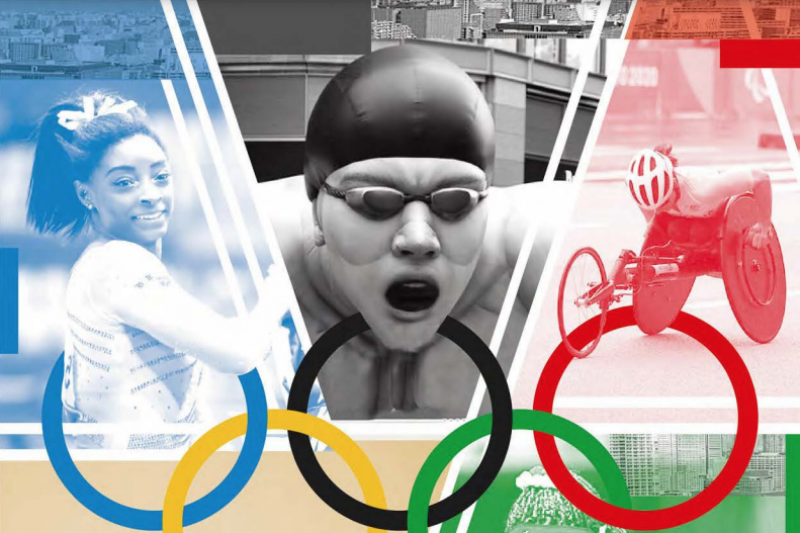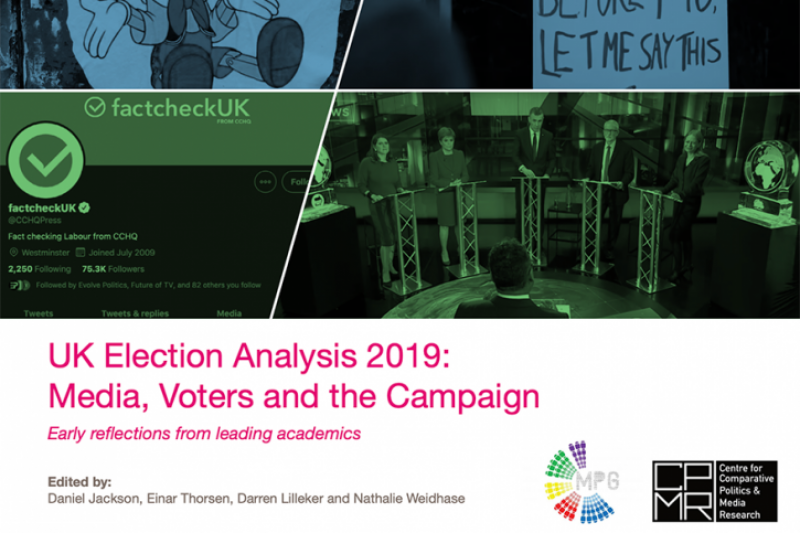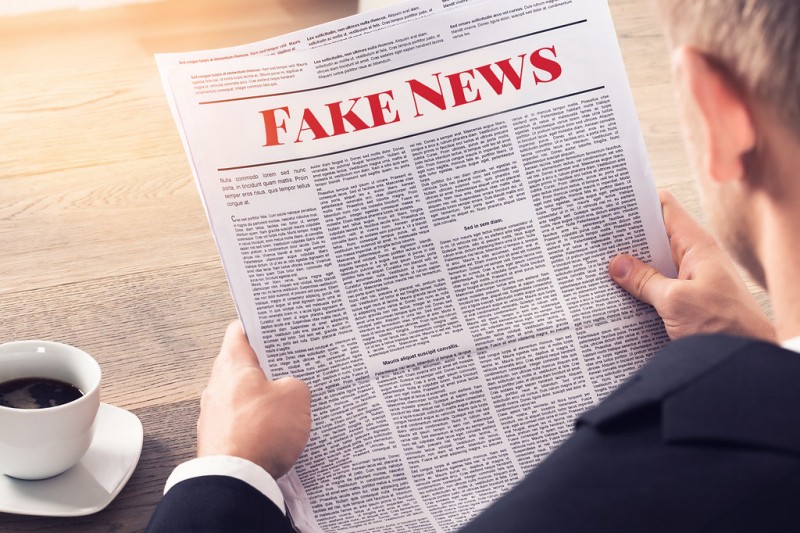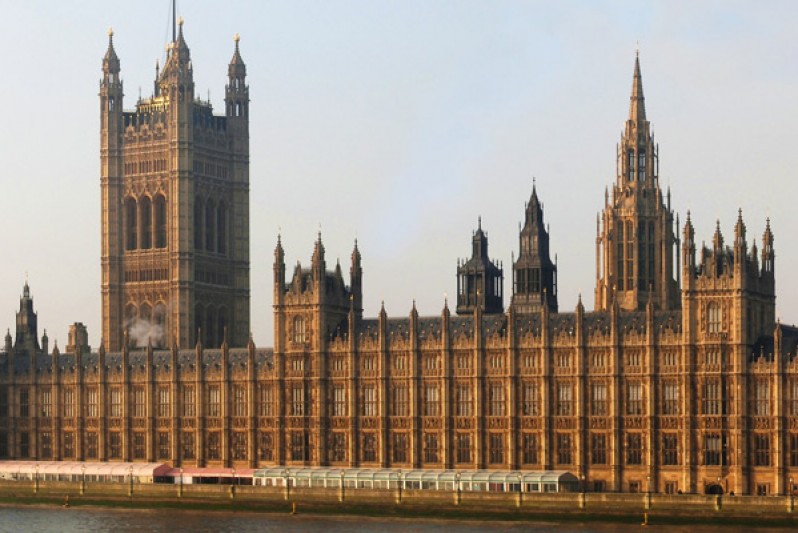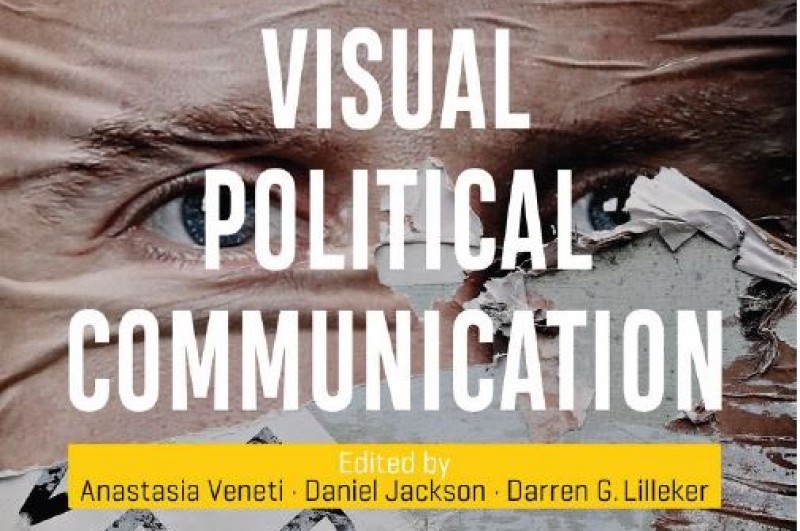The work of the Centre for Comparative Politics and Media Research links into a range of fields of study that focus on the most relevant questions that face 21st Century politicians, their strategists, political journalists and agencies which seek to enhance citizen engagement.
Our Research
One strand of BU’s Centre for Comparative Politics and Media Research’s work focuses upon the soft power exerted through political campaign communication by parties, government pressure and protest groups. This work encompasses all contexts of campaign communication from lobbying behind closed doors to the public spectacle of elections. This work also links to work on media as a means of dissemination, contestation and influence.
The study of campaign communication links to a second strand of research around the impact of political communication upon society and the citizen. This work explores theoretical and empirical questions regarding the nature of citizenship, social capital, political engagement and participation; and the consumption of politics. Much of this work is social theory located, drawing on psycho-social theory or psephological studies and dealing with matters of gender and racial equality, social inclusion, empowerment, enfranchisement and representation.
A further strand focuses on the social, legislative and institutional governance which provides the framework for political communication and its mediation. The social framework approach deals with matters of ideology, social norms and the collective psychology of societies and publics. Legislative and institutional frameworks deal with the regulation of communication, regulation of the media and of the social and para-social communication facilitated through the latest digital technologies.
A Global View of Modern Politics
The group’s researchers and their colleagues in universities across the EU, and partners in the US, South Americas, Australia, New Zealand, India and Thailand, have exerted influence over various aspects of public communication. Their work has been referenced in official reports as well as advisory and policy work that has shaped the communication of governments.
Members have also acted as consultants to political parties, media organisations, political pressure and lobby groups and legislative bodies. Counselling and advising around issues relating to the reporting of politics and conflicts has also been a priority for group members and this has led to the setting up of a centre dedicated to supporting reporters exposed to traumatic situations.
Given the scope of our research the group is heavily involved in collaborations with universities and academics across the globe with research exploring political communication within a range of contexts. From the protests of Dibden Bay residents to the spectacle of protest camps, and from the social politics of the Brazilian favelas to the high spend, high sophistication of a US Presidential election: the group’s research covers the wide range of forms and styles of political communication and its impacts upon a range of societies, polities and democratic traditions.
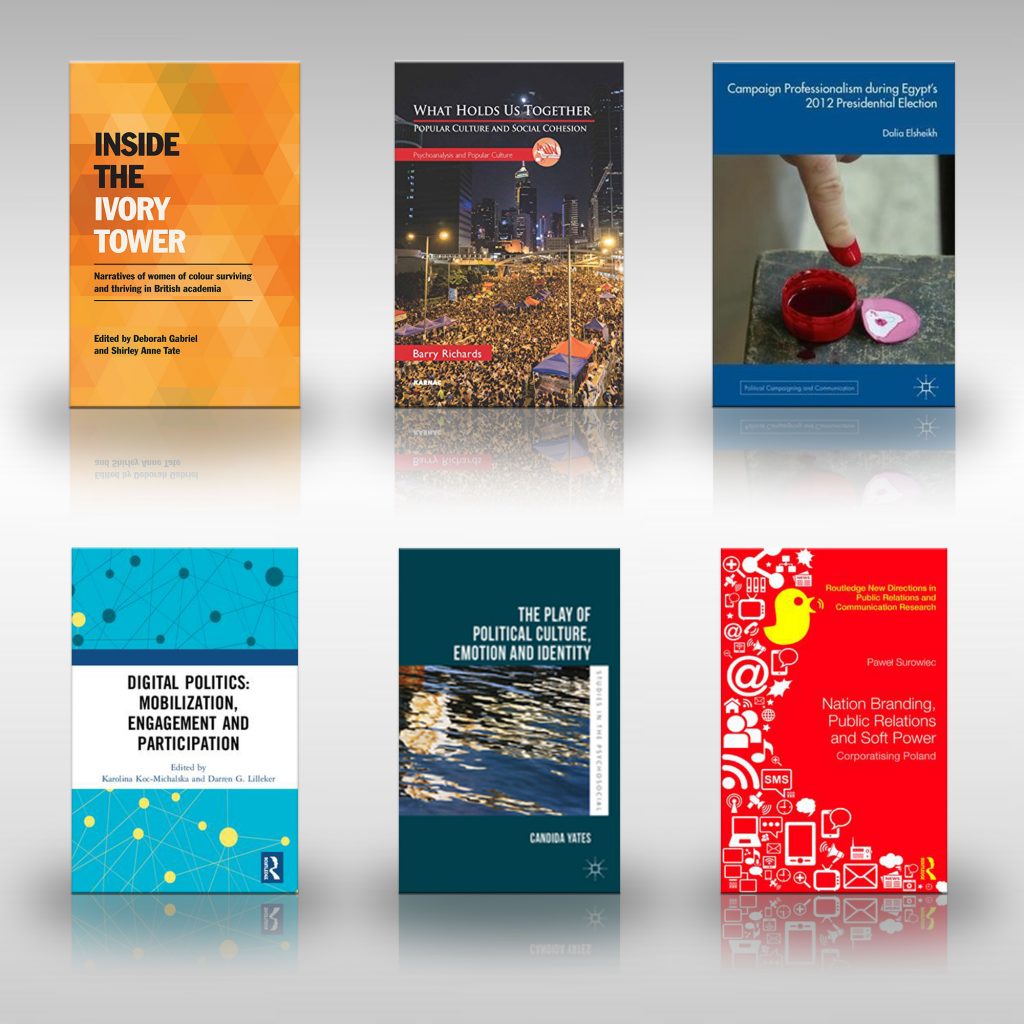
Members’ recent publications © Madi Ntasiakli
Similarly, our research has explored the communicational traditions and their regulatory frameworks within a range of nations, and the impact upon institutions such as the UK House of Lords, the European Parliament, extremist political groups, Wikileaks and the ordinary citizen using social media to interact about politics.
This cutting-edge research on the important and relevant issues and questions of our time is mirrored in the work of our postgraduate community. There is significant research being undertaken on emerging democracies with current and recent works exploring issues of democratic engagement and the appropriateness and effectiveness of democratic institutions in Thailand, Ghana and Indonesia, and the reasons for the recent failure of both in Egypt.
Current work also focuses on the social relations and issues of gender equality within representative institutions, the intractability of the Israel-Palestine conflict, how the British military communicate with their public, Egyptian and British media framing of Islam, the development of terrorism in Africa, and public opinion in Kazakhstan.
Our research also supports a dynamic undergraduate community, with a highly active Politics Society, and a Masters’ programme in International Political Communication linking students up with colleagues in the US and EU, giving them experience within a wide range of professional environments. An MA in Political Psychology was also launched in 2017.
'Global Crises: Awareness, Literacy and Communication' symposium - December 2021
The Centre for Comparative Politics & Media Research and the Greek Market Research company aboutpeople co-organised the online symposium “Global Crises: Awareness, Literacy and Communication” on 20 December 2021.
The last ten years and more will be remembered as a time of crises: poverty, migration and population displacement, international relations, privacy and technology, climate change, the pandemic. Some of these issues are long lasting and unsolved global problems that will only exacerbate unless drastic measures are undertaken. Others incrementally undermine and erode trust in national and international institutions.
Cumulatively, however, the confluence of crises is like nothing we have experienced before outside of wartime, and it seems that most governments have been unable to communicate efficiently with their public. Against this backdrop, there is an urgent need for effective leadership and for citizens of the world and their leaders to come together to achieve collective goals.
Coming together to generate a concerted, globally relevant societal response is ambitious and challenging. It is not only a matter of changing policy but also the nature of citizens’ political engagement and political public communication.
During the pandemic and the wildfires that hit hard a great part of South Europe, we witnessed the harm that fake news and disinformation has done to the fabric of our societies. To achieve change, we argue that there are three interrelated areas that need to be addressed so as to face these new challenges, that is awareness, literacy and communication. Drawing on the covid-19 pandemic and the environmental crisis that have hit the world hard, this symposium aims to reflect and offer solutions to these challenges, specifically:
- how do we ensure there is a well-informed citizenry which are so crucial in times of crisis;
- how do we ensure media make a positive contribution to supporting efforts to manage current crises and avoid future crises;
- how do we ensure education prepares citizens for a changing world;
- how do we ensure government communication follows best practices in times of crises;
- and ensure that political (public) communication performs to reflect a service ethos, is inclusive and empathic?
Watch the recording of the symposium:
BU's Dr Darren Lilleker discusses Brexit
Recent Publications in the Centre
MA International Political Communications

